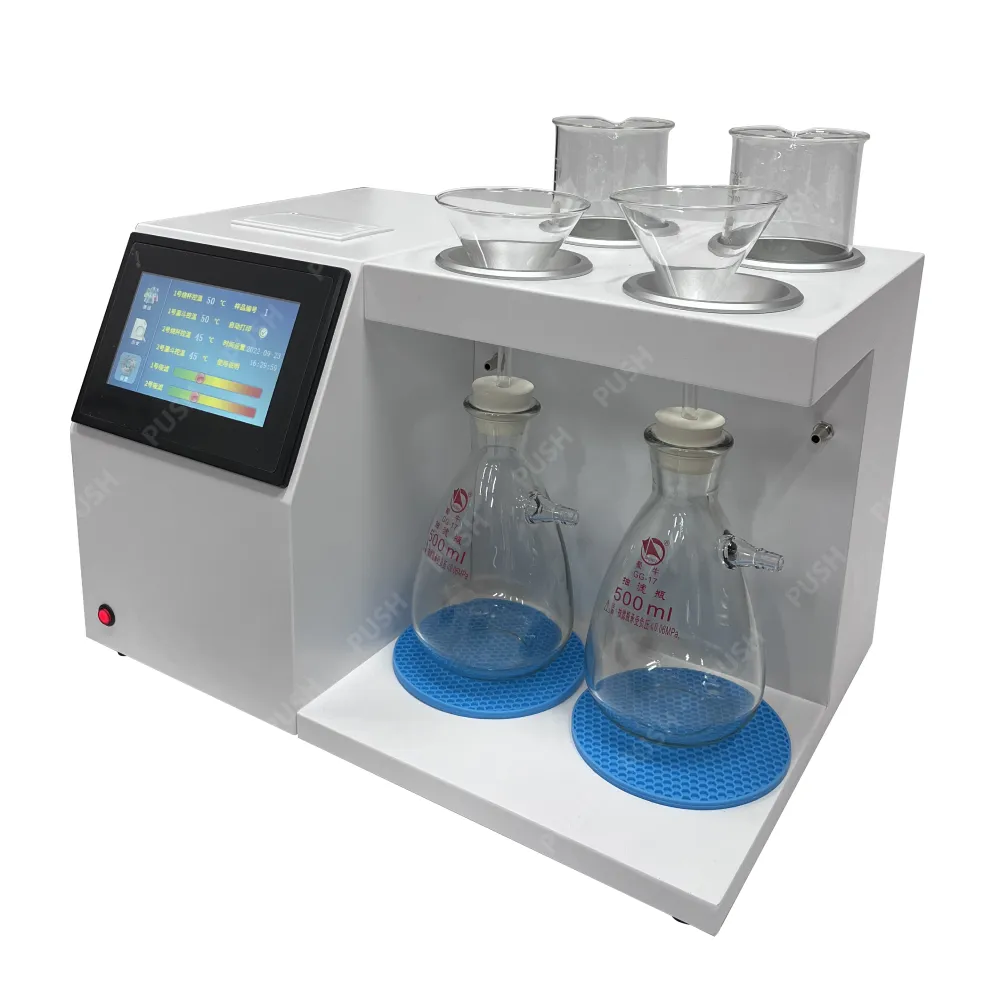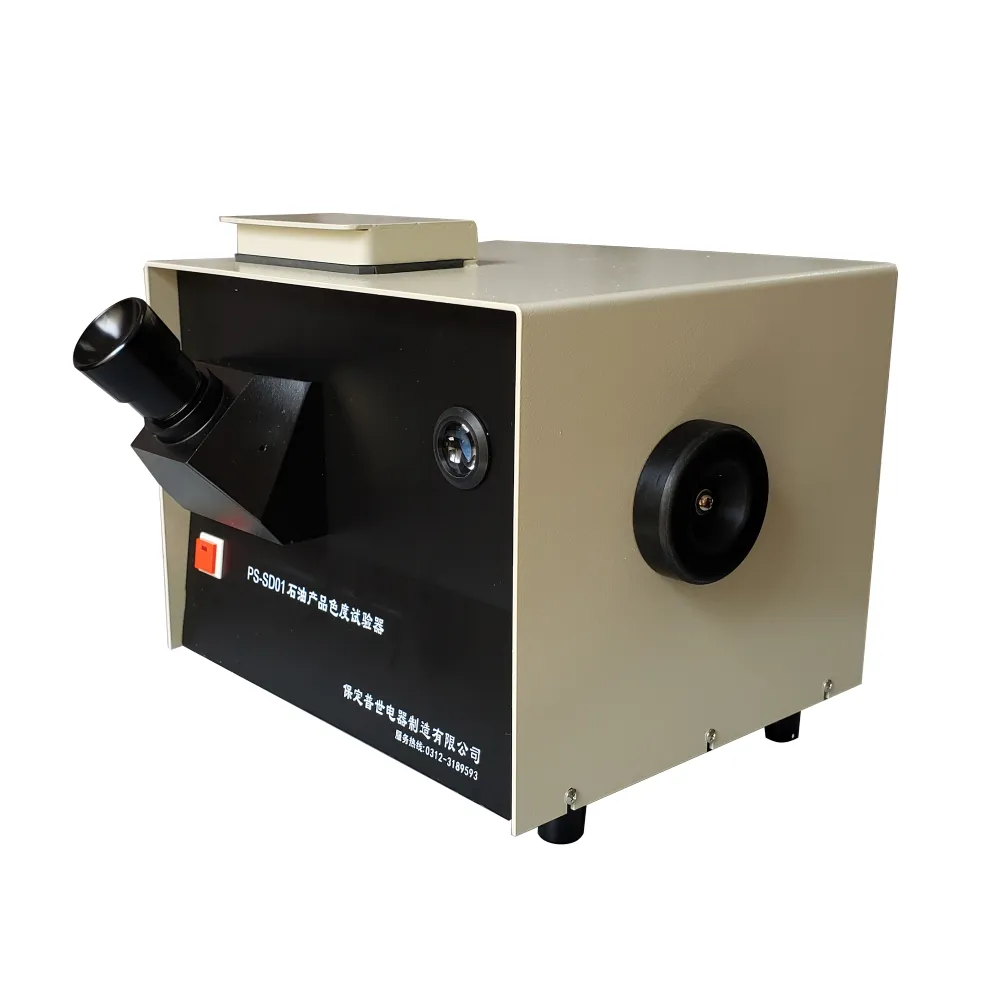TEL:
+86-0312-3189593
 English
English

Telephone:0312-3189593

Email:sales@oil-tester.com

-
 Afrikaans
Afrikaans -
 Albanian
Albanian -
 Amharic
Amharic -
 Arabic
Arabic -
 Armenian
Armenian -
 Azerbaijani
Azerbaijani -
 Basque
Basque -
 Belarusian
Belarusian -
 Bengali
Bengali -
 Bosnian
Bosnian -
 Bulgarian
Bulgarian -
 Catalan
Catalan -
 Cebuano
Cebuano -
 China
China -
 China (Taiwan)
China (Taiwan) -
 Corsican
Corsican -
 Croatian
Croatian -
 Czech
Czech -
 Danish
Danish -
 Dutch
Dutch -
 English
English -
 Esperanto
Esperanto -
 Estonian
Estonian -
 Finnish
Finnish -
 French
French -
 Frisian
Frisian -
 Galician
Galician -
 Georgian
Georgian -
 German
German -
 Greek
Greek -
 Gujarati
Gujarati -
 Haitian Creole
Haitian Creole -
 hausa
hausa -
 hawaiian
hawaiian -
 Hebrew
Hebrew -
 Hindi
Hindi -
 Miao
Miao -
 Hungarian
Hungarian -
 Icelandic
Icelandic -
 igbo
igbo -
 Indonesian
Indonesian -
 irish
irish -
 Italian
Italian -
 Japanese
Japanese -
 Javanese
Javanese -
 Kannada
Kannada -
 kazakh
kazakh -
 Khmer
Khmer -
 Rwandese
Rwandese -
 Korean
Korean -
 Kurdish
Kurdish -
 Kyrgyz
Kyrgyz -
 Lao
Lao -
 Latin
Latin -
 Latvian
Latvian -
 Lithuanian
Lithuanian -
 Luxembourgish
Luxembourgish -
 Macedonian
Macedonian -
 Malgashi
Malgashi -
 Malay
Malay -
 Malayalam
Malayalam -
 Maltese
Maltese -
 Maori
Maori -
 Marathi
Marathi -
 Mongolian
Mongolian -
 Myanmar
Myanmar -
 Nepali
Nepali -
 Norwegian
Norwegian -
 Norwegian
Norwegian -
 Occitan
Occitan -
 Pashto
Pashto -
 Persian
Persian -
 Polish
Polish -
 Portuguese
Portuguese -
 Punjabi
Punjabi -
 Romanian
Romanian -
 Russian
Russian -
 Samoan
Samoan -
 Scottish Gaelic
Scottish Gaelic -
 Serbian
Serbian -
 Sesotho
Sesotho -
 Shona
Shona -
 Sindhi
Sindhi -
 Sinhala
Sinhala -
 Slovak
Slovak -
 Slovenian
Slovenian -
 Somali
Somali -
 Spanish
Spanish -
 Sundanese
Sundanese -
 Swahili
Swahili -
 Swedish
Swedish -
 Tagalog
Tagalog -
 Tajik
Tajik -
 Tamil
Tamil -
 Tatar
Tatar -
 Telugu
Telugu -
 Thai
Thai -
 Turkish
Turkish -
 Turkmen
Turkmen -
 Ukrainian
Ukrainian -
 Urdu
Urdu -
 Uighur
Uighur -
 Uzbek
Uzbek -
 Vietnamese
Vietnamese -
 Welsh
Welsh -
 Bantu
Bantu -
 Yiddish
Yiddish -
 Yoruba
Yoruba -
 Zulu
Zulu
Led . 23, 2025 05:58
Back to list
PS-DW01 Oil Low Temperature Kinematic Viscosity Tester
The dynamic viscosity coefficient is a critical factor in understanding fluid dynamics, especially for industries that rely heavily on the efficient movement of liquids and gases. A thorough comprehension of this concept not only facilitates improved product design and functionality but also bolsters innovation in various technological and industrial applications.
Advancements in measuring dynamic viscosity coefficients have led to breakthroughs in product development and optimization. Techniques such as rheometry offer precise data that aids in crafting products that meet specific industrial standards and consumer demands. By adopting state-of-the-art analysis tools, companies can deliver products with enhanced reliability and performance, thus strengthening their market position. Trust and credibility are enhanced by understanding and manipulating dynamic viscosity coefficients professionally. Industry experts with extensive experience leverage their expertise to provide valuable insights and solutions. Collaborating with seasoned professionals enables businesses to navigate complex challenges associated with optimal fluid dynamics in product development, ensuring the creation of superior products that withstand the test of time. The growing emphasis on sustainability in modern industries also hinges on mastering fluid dynamics. Efficient fluid management reduces energy consumption and minimizes environmental impacts, aligning with global sustainability goals. Products designed with this awareness not only meet regulatory requirements but also resonate with environmentally conscious consumers. In summary, the dynamic viscosity coefficient is more than a mere scientific term; it constitutes a cornerstone of innovation and efficiency in multiple industries. Harnessing this propels companies toward groundbreaking solutions, aligning with an increasingly competitive and environmentally aware marketplace. Expertise in the science of viscosity solidifies a business's reputation as a leader in technological advancement and responsible manufacturing. For companies striving to excel in their respective domains, investing in research and development focused on dynamic viscosity offers the dual benefit of technological progress and environmental stewardship. As industry demands evolve, the importance of dynamic viscosity coefficients will continue to rise, underscoring their essential role in the development of future-ready products.


Advancements in measuring dynamic viscosity coefficients have led to breakthroughs in product development and optimization. Techniques such as rheometry offer precise data that aids in crafting products that meet specific industrial standards and consumer demands. By adopting state-of-the-art analysis tools, companies can deliver products with enhanced reliability and performance, thus strengthening their market position. Trust and credibility are enhanced by understanding and manipulating dynamic viscosity coefficients professionally. Industry experts with extensive experience leverage their expertise to provide valuable insights and solutions. Collaborating with seasoned professionals enables businesses to navigate complex challenges associated with optimal fluid dynamics in product development, ensuring the creation of superior products that withstand the test of time. The growing emphasis on sustainability in modern industries also hinges on mastering fluid dynamics. Efficient fluid management reduces energy consumption and minimizes environmental impacts, aligning with global sustainability goals. Products designed with this awareness not only meet regulatory requirements but also resonate with environmentally conscious consumers. In summary, the dynamic viscosity coefficient is more than a mere scientific term; it constitutes a cornerstone of innovation and efficiency in multiple industries. Harnessing this propels companies toward groundbreaking solutions, aligning with an increasingly competitive and environmentally aware marketplace. Expertise in the science of viscosity solidifies a business's reputation as a leader in technological advancement and responsible manufacturing. For companies striving to excel in their respective domains, investing in research and development focused on dynamic viscosity offers the dual benefit of technological progress and environmental stewardship. As industry demands evolve, the importance of dynamic viscosity coefficients will continue to rise, underscoring their essential role in the development of future-ready products.
Latest news
-
Testing Equipment Industry Sees Major Advancements in 2025: Smart & Precision Technologies Lead the WayNewsJun.06,2025
-
Applications of Direct Current Generators in Renewable Energy SystemsNewsJun.05,2025
-
Hipot Tester Calibration and Accuracy GuidelinesNewsJun.05,2025
-
Digital Circuit Breaker Analyzer Features and BenefitsNewsJun.05,2025
-
Benefits of Real-Time Power Quality Monitoring Devices for Industrial EfficiencyNewsJun.05,2025
-
Earth Fault Loop Testing in High-Rise Building Electrical SystemsNewsJun.05,2025



